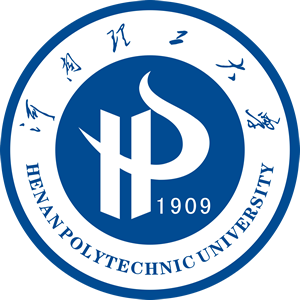
地址: 河南省焦作市高新区世纪路2001号[454000] Tel: 0391-3987069 E-mail: zkxb@hpu.edu.cn,skxb@hpu.edu.cn |

请您访问
|

社会科学版
|
| 供稿: 杨洋 | 时间: 2018-02-22 | 次数: |
作者:杨洋
作者单位:河南理工大学外国语学院
摘要:《论语》是中国古代儒家思想文化的代表作,在近现代的典籍英译中占有重要地位。国外汉学家和国内学者在《论语》英译中付出了艰辛的劳动,并取得了较大的成就。《论语》中提及的一些基本概念,诸如仁、义、礼、知、信、君子、小人等核心概念具有丰富的思想底蕴和文化内涵,可以称得上微言大义。不同的英文版本对于这些概念的英译既有相同的见解,又存在一定的差异,通过比较研究理雅各(James Legge),威利(Arthur Waley),辜鸿铭,吴国珍4种英译本,探讨中西文化和不同译者在看待人类普遍天性上的异同以及英文互译的差异。
Abstract:The Analects has long been regarded as one of the most significant works of Confucianism, which holds an important position in the translations of Chinese classics. Both the sinologists and the Chinese scholars made great contribution to translating The Analects, which not only paves the way for the transmission of Confucian thoughts but also provides a window for the world to know Chinese culture. The Analects introduces some basic concepts that are culturally meaningful. “Junzi”is repeatedly mentioned, which indicates that Confucianism attachs great importance to the cultivation and perfection of one ' s character. Therefore, the study on the translations of “Junzi”in different English versions is interesting and rewarding. This paper makes a comparative study of the English translations of “Junzi”by James Legge, Arthur Waley, Gu Hongming, and Wu Guozhen. First, through explaining the meaning of “Junzi”in Confucian study, it discusses the translators' understanding and translation of this concept in terms of perfection of one' s character. Then, compared with the translation of “Xiaoren”, it examines and emphasizes the translation of “Junzi”. The paper suggests that translators from different cultures share something in common in their understanding of humans' good qualities. The translation of Chinese classics is a process of seeking common ground while reserving differences.
DOI:10.16698/j.hpu(social.sciences).1673-9779.2018.01.013
分类号:H315.9